Advanced Systems Science and Engineering
In this course, students are divided into teams and each team is given a specific theme to solve a problem and build a prototype.
As a member of the project, students apply systems thinking, systems methods, and planning techniques learned in the Systems
Engineering Exercises A and B to solve specific problems. This activity will realize the linkage of thinking and technology
between specialized fields and systems engineering, and will be tied together as the culmination of the systems engineering-related
courses that begin with creation. The teams will be composed of mixed teams from each department, with each department bringing
its own characteristics to the team. The design review will be conducted in the form of a design review, which is actually
carried out in a company. Through this activity, students will acquire the ability to attend school. Since the teams will
be mixed teams with overseas students, communication will be basically in English. In addition, explanations and comments
by faculty members and TAs, presentations of design reviews, problem-solving proposals, prototypes, and distributed materials
will also be in English.
As a member of a project, apply systems thinking, systems methods, and planning techniques learned in Systems Engineering
Exercises A and B to solve specific problems.
- Can acquire the synthetic problem solving capability to be internationally attractive.
- Can acquire concepts and technologies on “Systems thinking”, “Systems Method (Engineering Method)”, and “Systems Management”.
- Can acquire a capability of work as a member of an international and/or interdisciplinary team.
| Class schedule | HW assignments (Including preparation and review of the class.) | Amount of Time Required | |
|---|---|---|---|
| 1. | Ice breaking and forming up a team | Considering keywords for course theme | 300minutes |
| 2. | Confirmation of the theme, requirement analysis, and goal setting | Considering keywords for course theme | 190minutes |
| 3. | Requirement analysis and goal setting | Analyzing current situations | 300minutes |
| 4. | Goal setting and project planning | Analyzing background and specific objective for the goal setting | 300minutes |
| 5. | Budget planning | Drawing with items for the budget planning | 30minutes |
| 6. | Preparation of Design Review (DR) materials | Preparing the design review material | 120minutes |
| 7. | Improvisation education and cultural exchange | Project work for improvisation education | 200minutes |
| 8. | Design Review | Gathering the comments of the design review | 20minutes |
| 9. | Activities (Research/Survey/Production etc.) in accordance with the planned schedule | Making the documentation of your group's activities | 20minutes |
| Activities (Research/Survey/Production etc.) | 300minutes | ||
| 10. | Activities (Research/Survey/Production etc.) in accordance with the planned schedule | Making the documentation of your group's activities | 20minutes |
| Activities (Research/Survey/Production etc.) | 300minutes | ||
| 11. | Activities (Research/Survey/Production etc.) in accordance with the planned schedule | Making the documentation of your group's activities | 20minutes |
| Activities (Research/Survey/Production etc.) | 300minutes | ||
| 12. | Preparation of the final presentation materials | Preparing final presentation material | 120minutes |
| 13. | Final presentation | Gathering the comments of the final presentation | 20minutes |
| 14. | PROG, Progress report on generic skills test | Performing PROG test and CEFR | 90minutes |
| Total. | - | - | 2650minutes |
| Design Review | Final presentation | Mutual evaluation in the group | Total. | |
|---|---|---|---|---|
| 1. | 20% | 25% | 45% | |
| 2. | 20% | 25% | 45% | |
| 3. | 10% | 10% | ||
| Total. | 40% | 50% | 10% | - |
The overall evaluation will be based on the attitude of the students (33%), the design review (33%), and the results of the
final presentation (34%). A score of 60 points (the equivalent of 100 points for the total score) (mid-level of the academic
and educational objectives) or higher is required to pass the course.
- For questions or concerns, please contact the instructor via email, Google Classroom, Teams, or other designated tools.
- Course that cultivates an ability for utilizing knowledge
- Course that cultivates a basic self-management skills
- Course that cultivates a basic interpersonal skills
- Course that cultivates a basic problem-solving skills
| Work experience | Work experience and relevance to the course content if applicable |
|---|---|
| N/A | 該当しない |
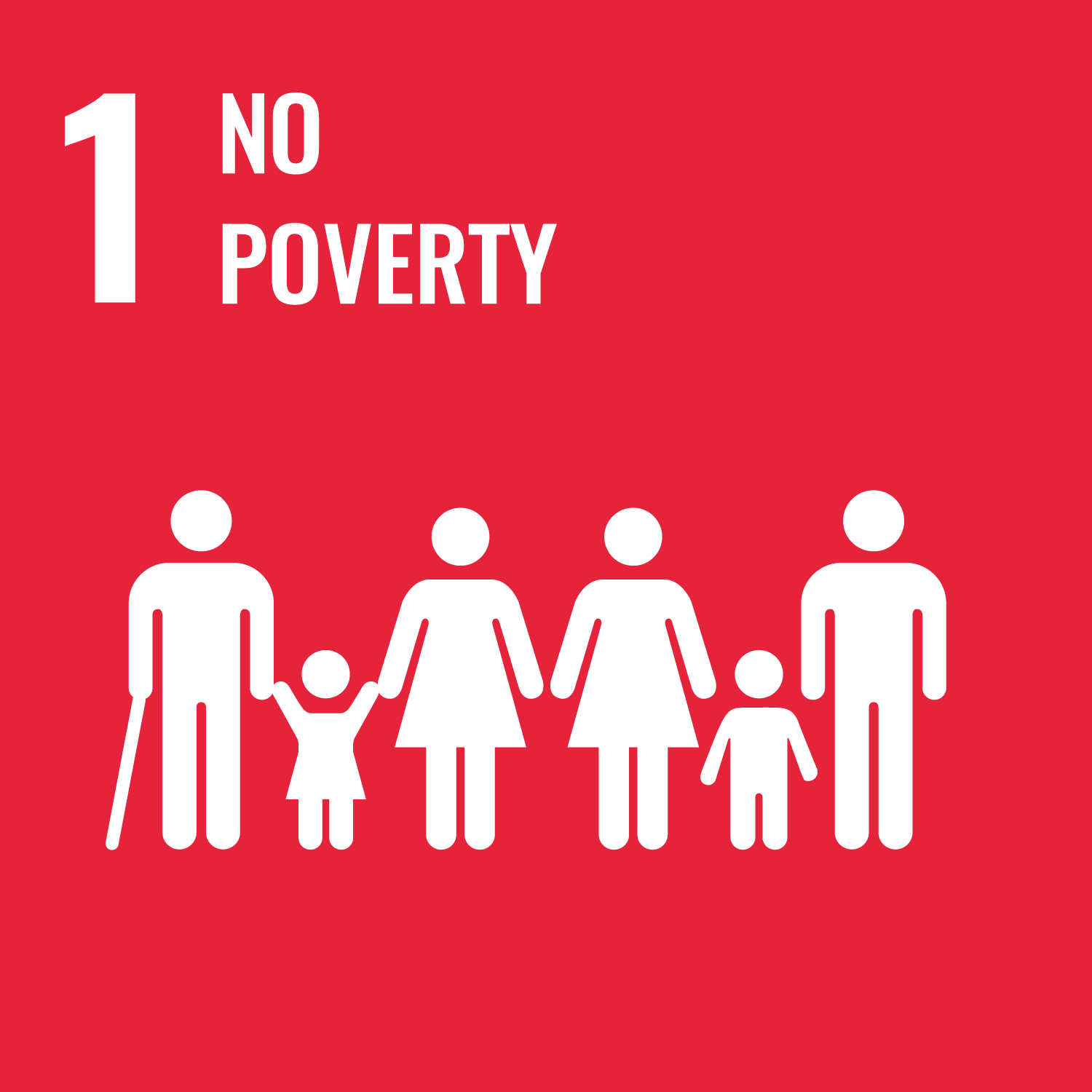
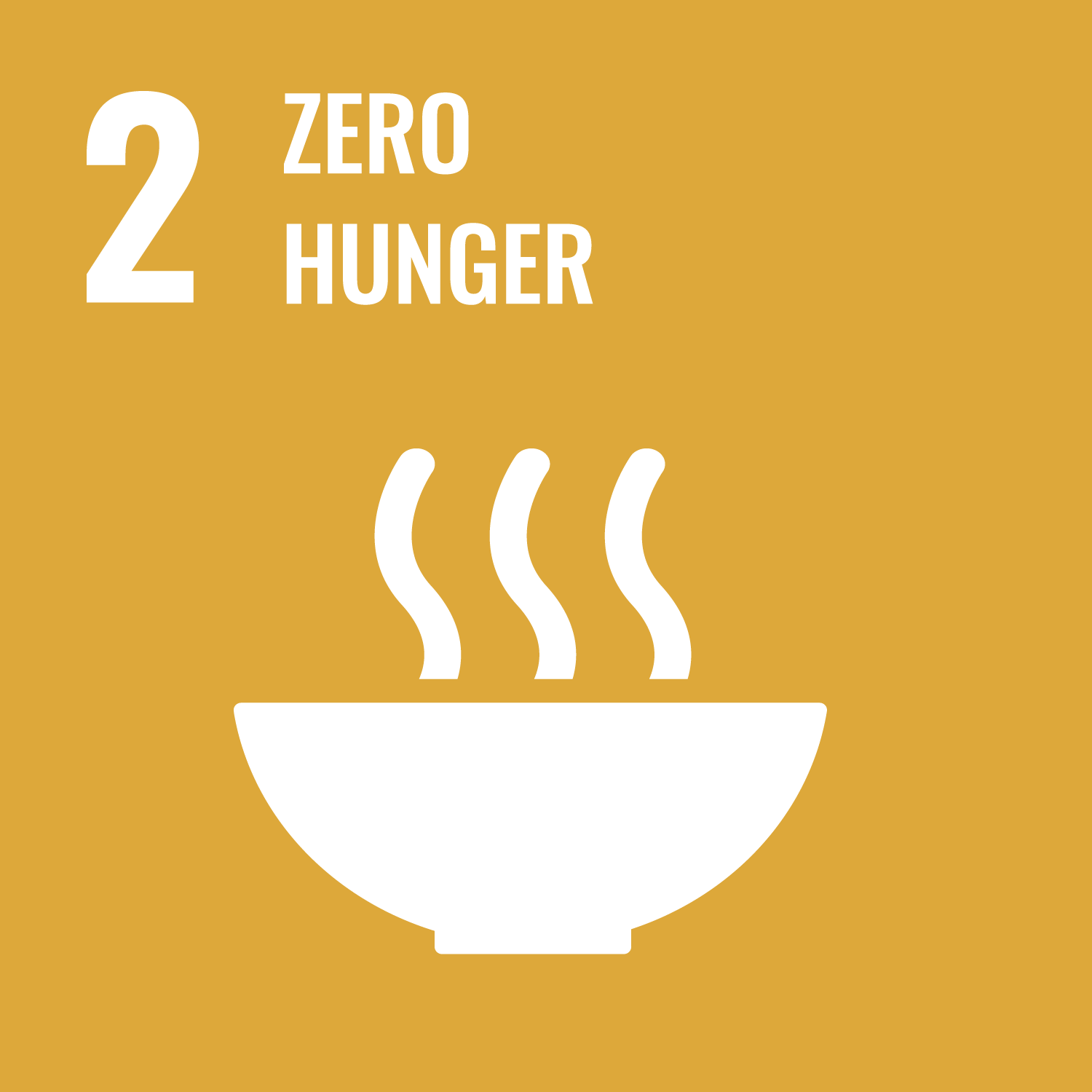


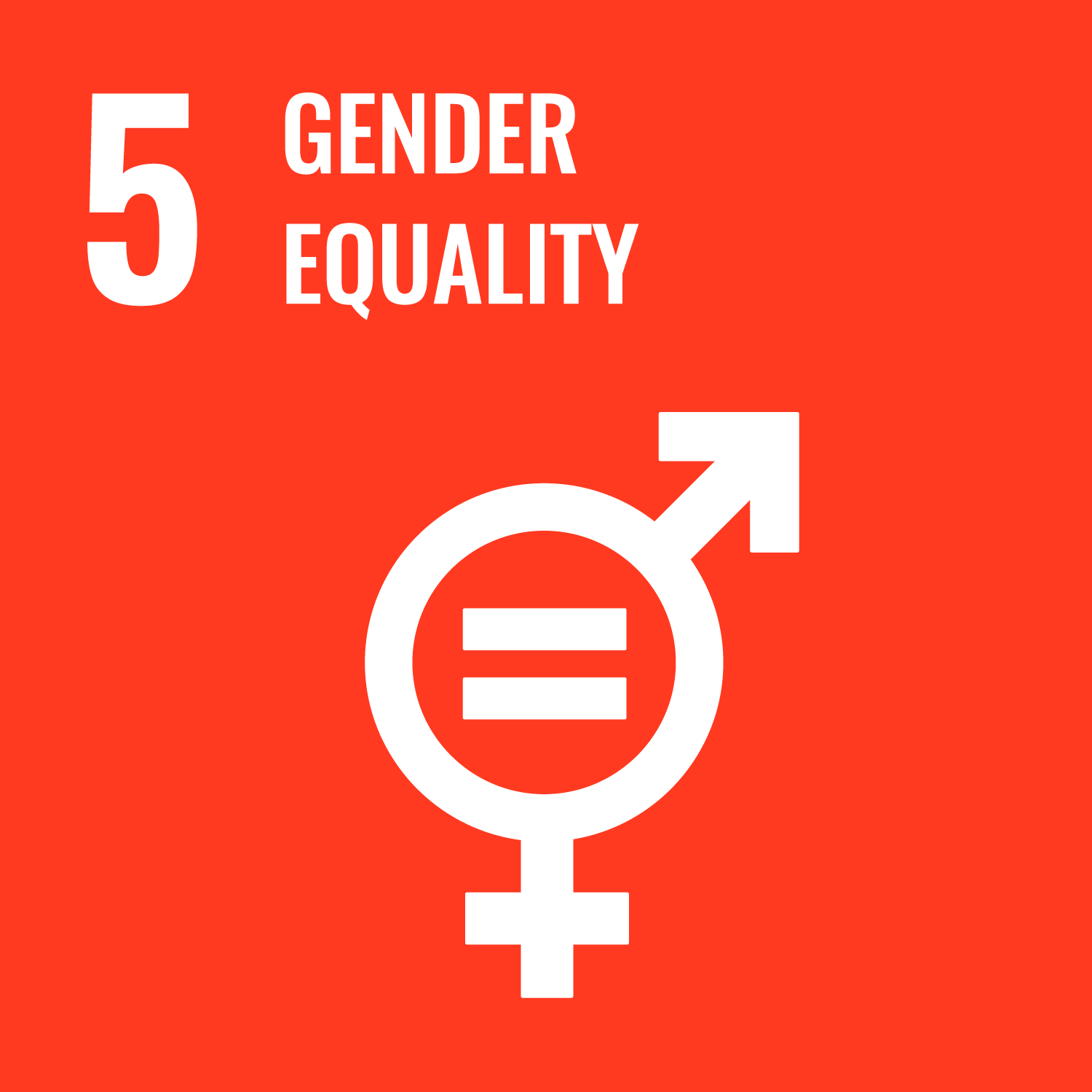
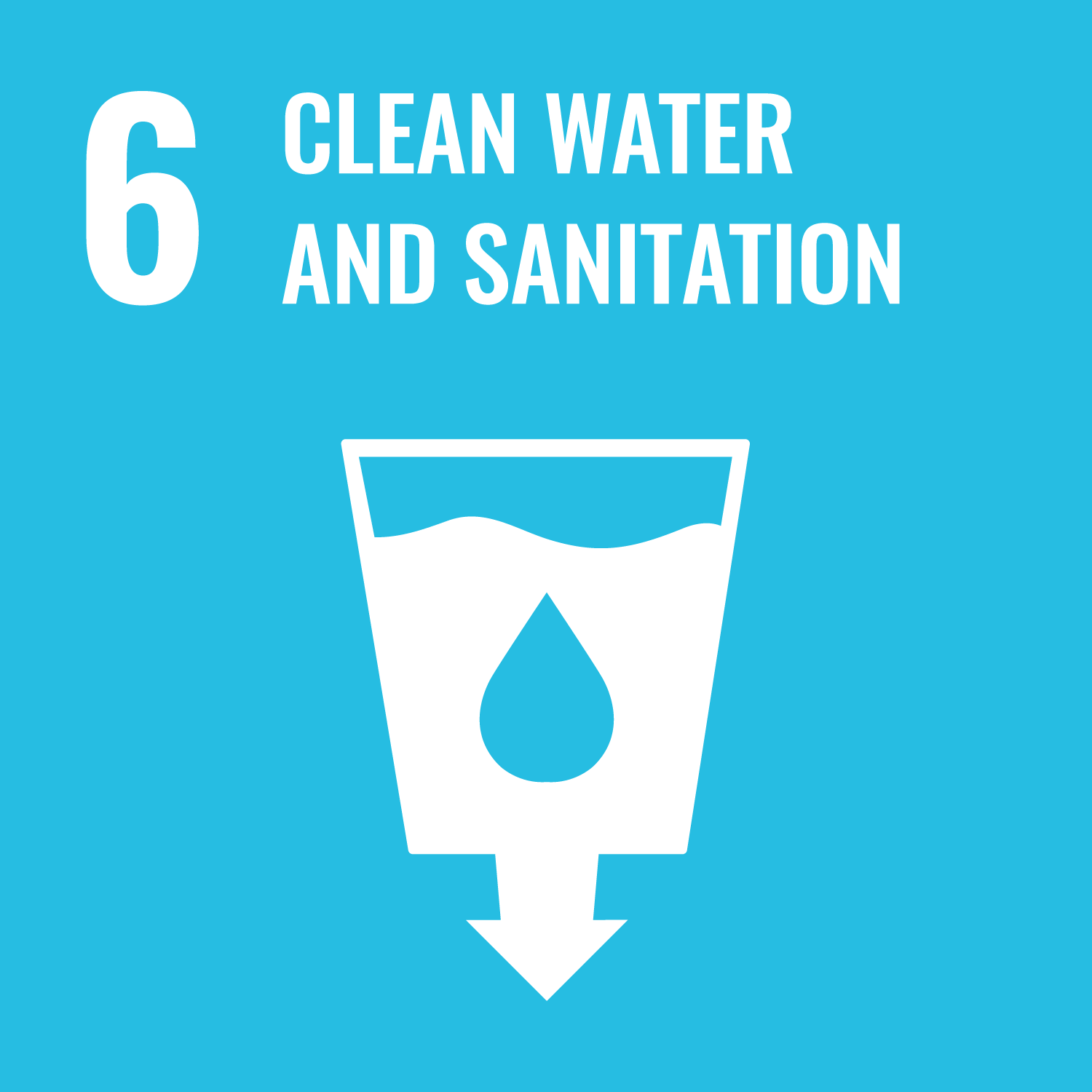







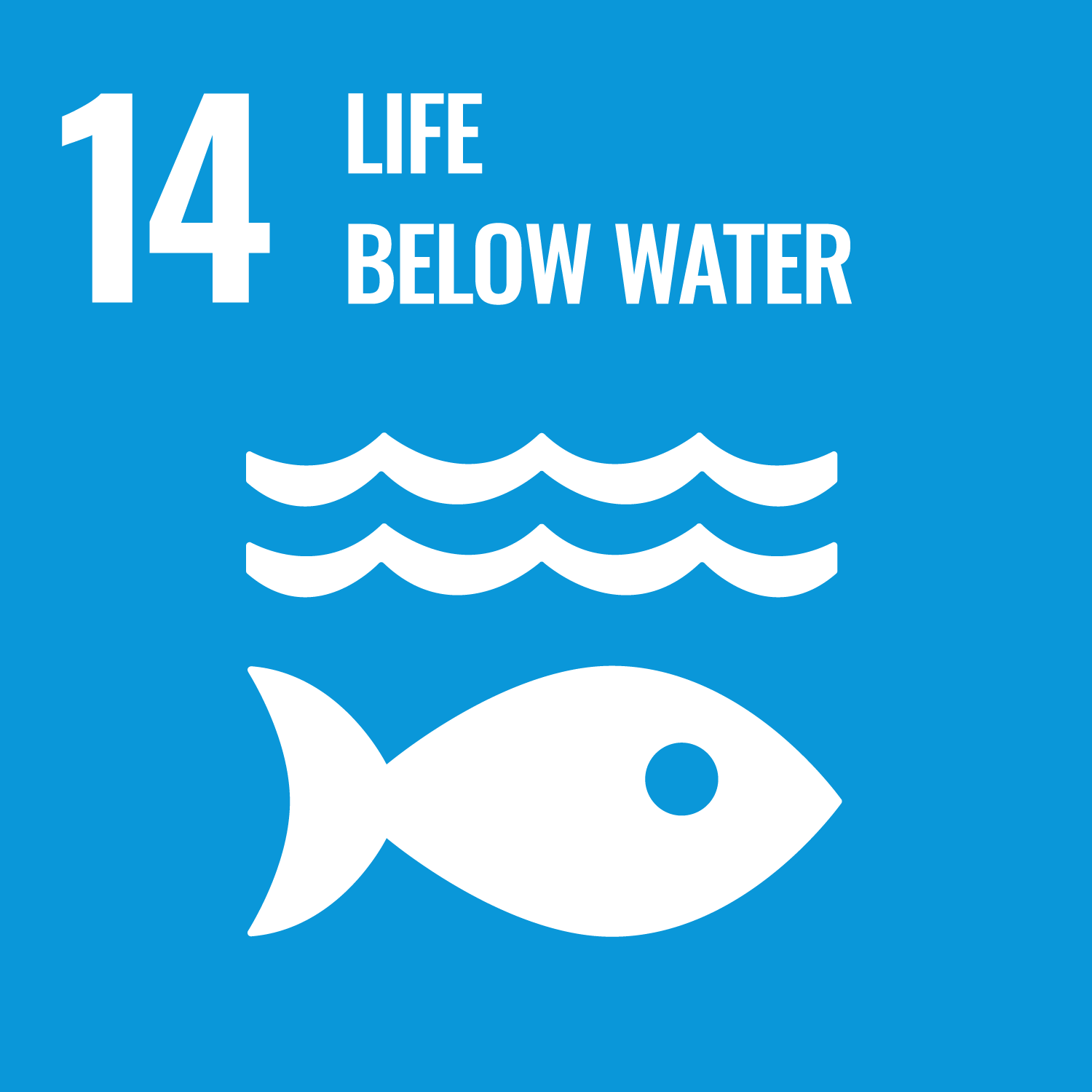
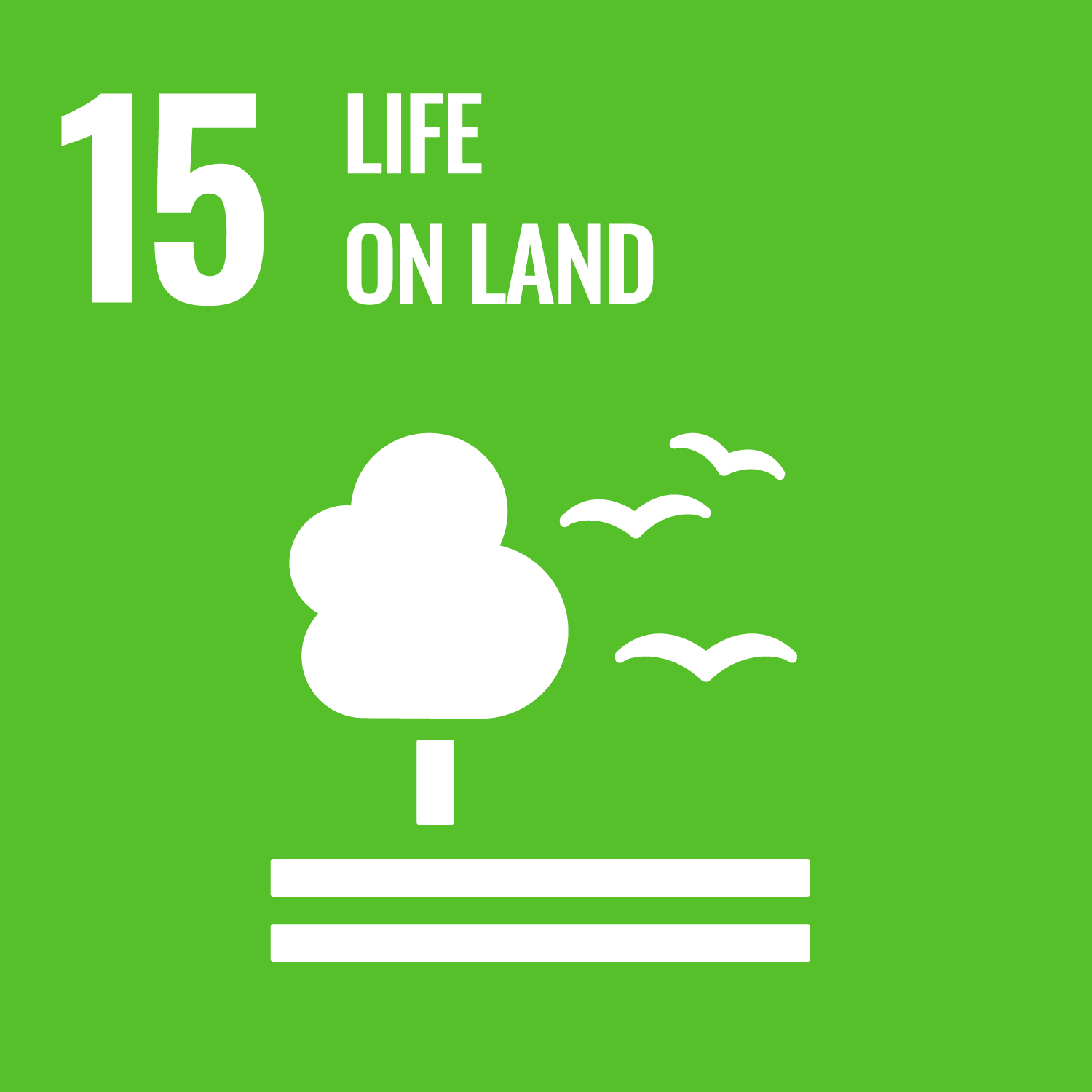


- 1.NO POVERTY
- 2.ZERO HUNGER
- 3.GOOD HEALTH AND WELL-BEING
- 4.QUALITY EDUCATION
- 5.GENDER EQUALITY
- 6.CLEAN WATER AND SANITATION
- 7.AFFORDABLE AND CLEAN ENERGY
- 8.DECENT WORK AND ECONOMIC GROWTH
- 9.INDUSTRY, INNOVATION AND INFRASTRUCTURE
- 10.REDUCED INEQUALITIES
- 11.SUSTAINABLE CITIES AND COMMUNITIES
- 12.RESPONSIBLE CONSUMPTION & PRODUCTION
- 13.CLIMATE ACTION
- 14.LIFE BELOW WATER
- 15.LIFE ON LAND
- 16.PEACE, JUSTICE AND STRONG INSTITUTIONS
- 17.PARTNERSHIPS FOR THE GOALS
Last modified : Sat Mar 19 00:01:17 JST 2022
